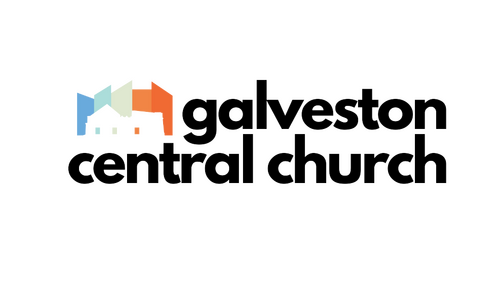going up the river: part 3
Last week we examined the assumption that homelessness is caused by the personal deficiencies of the homeless themselves. We have been operating with this paradigm for decades. Judging by the rapid increase in homelessness, this focus on individual behavior has not worked very well.
An alternative perspective is the evidence-based approach of the social sciences. Social problems, problems involving masses of people, need social solutions. Unfortunately, that is not the way our brains are wired. Whether it is the milk spoiling because somebody didn’t put it back in the refrigerator, school shootings, or the war in Gaza, when we are confronted with a problem our brains immediately try to blame somebody. Inflation? It’s Biden’s fault (or Trump’s, depending on your political tribe). About to be evicted for non-payment of rent? Your husband’s fault for losing his job. People sleeping on the streets? Must be something wrong with them.
Once we turn our attention to broader socioeconomic causes, what jumps out is the serious deficit of affordable housing. This has two parts: (1) not enough housing and (2) not enough income. Personal issues such as mental illness and addiction are risk factors for individuals, of course, but studies indicate that homeless rates in different cities and different parts of the country do not correlate with rates of mental illness or addiction at all. They correlate almost perfectly, however, with differences in the cost of housing.
The shortage of affordable housing is a complex problem. Locally, Vision Galveston has spent a lot of effort in examining how middle-income people, teachers, police, and fire fighters, could afford to live in Galveston. Right now, unless people are lucky - living in a house bought years ago when economic factors were different, having a well-paid spouse, living with more affluent relatives, etc., it is almost undoable. And if we cannot find a way to allow middle-income people to live in Galveston, how are the no-income people going to survive?
The second part of the problem, lack of income, is not caused by any shortage of money being made in America. Quite the contrary; in the last fifty years the Gross National Income has rocketed up. The problem is inequality – in the last fifty years the very rich have captured almost all of this increase in wealth, the rest of us are treading water, while those at the bottom of the ladder are drowning.
Inequality is a problem in economics, but it is more than that. Structuring the economy so that some have more than they can possibly use while others sleep on the streets is, more than anything, a moral problem.
While much of this is beyond the scope of this series, at Central the “rescue of babies”, and the conditions up river that led to their precarious state come together in the revolutionary teachings of Jesus. The power of the people at the bottom to change an unjust world feels possible in all that we do around here to love and care for each other.
An alternative perspective is the evidence-based approach of the social sciences. Social problems, problems involving masses of people, need social solutions. Unfortunately, that is not the way our brains are wired. Whether it is the milk spoiling because somebody didn’t put it back in the refrigerator, school shootings, or the war in Gaza, when we are confronted with a problem our brains immediately try to blame somebody. Inflation? It’s Biden’s fault (or Trump’s, depending on your political tribe). About to be evicted for non-payment of rent? Your husband’s fault for losing his job. People sleeping on the streets? Must be something wrong with them.
Once we turn our attention to broader socioeconomic causes, what jumps out is the serious deficit of affordable housing. This has two parts: (1) not enough housing and (2) not enough income. Personal issues such as mental illness and addiction are risk factors for individuals, of course, but studies indicate that homeless rates in different cities and different parts of the country do not correlate with rates of mental illness or addiction at all. They correlate almost perfectly, however, with differences in the cost of housing.
The shortage of affordable housing is a complex problem. Locally, Vision Galveston has spent a lot of effort in examining how middle-income people, teachers, police, and fire fighters, could afford to live in Galveston. Right now, unless people are lucky - living in a house bought years ago when economic factors were different, having a well-paid spouse, living with more affluent relatives, etc., it is almost undoable. And if we cannot find a way to allow middle-income people to live in Galveston, how are the no-income people going to survive?
The second part of the problem, lack of income, is not caused by any shortage of money being made in America. Quite the contrary; in the last fifty years the Gross National Income has rocketed up. The problem is inequality – in the last fifty years the very rich have captured almost all of this increase in wealth, the rest of us are treading water, while those at the bottom of the ladder are drowning.
Inequality is a problem in economics, but it is more than that. Structuring the economy so that some have more than they can possibly use while others sleep on the streets is, more than anything, a moral problem.
While much of this is beyond the scope of this series, at Central the “rescue of babies”, and the conditions up river that led to their precarious state come together in the revolutionary teachings of Jesus. The power of the people at the bottom to change an unjust world feels possible in all that we do around here to love and care for each other.
Recent
Archive
2025
September
October
December
2024
2023
January
August
September
November
December
Categories
no categories
